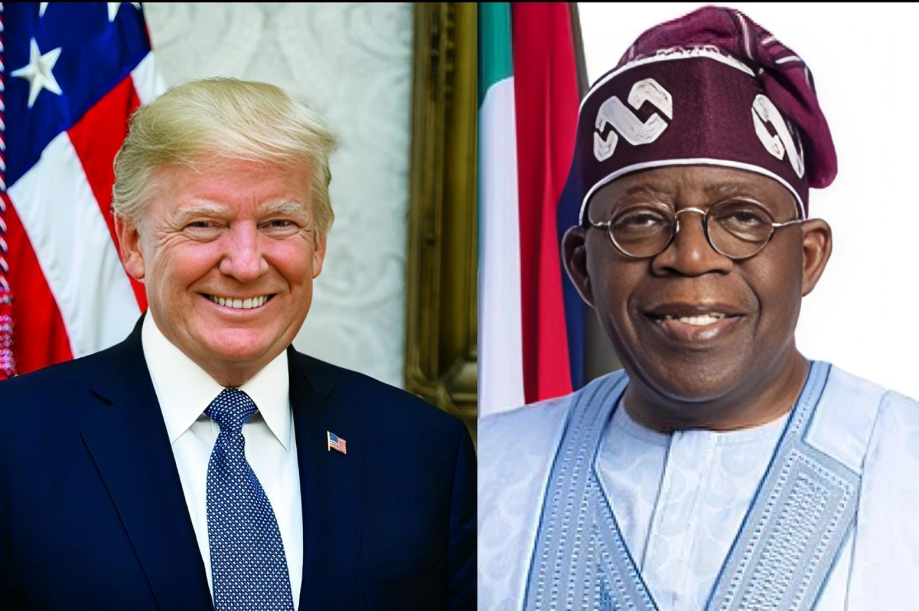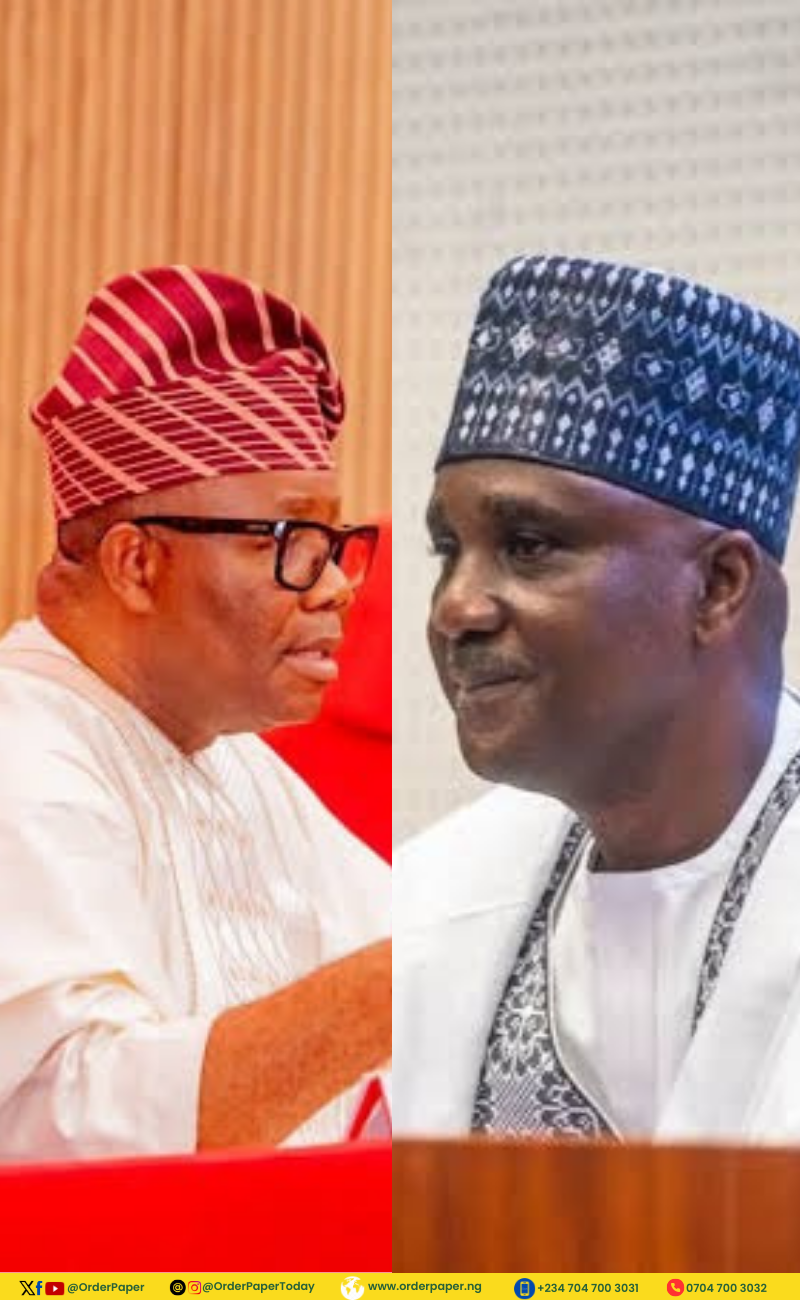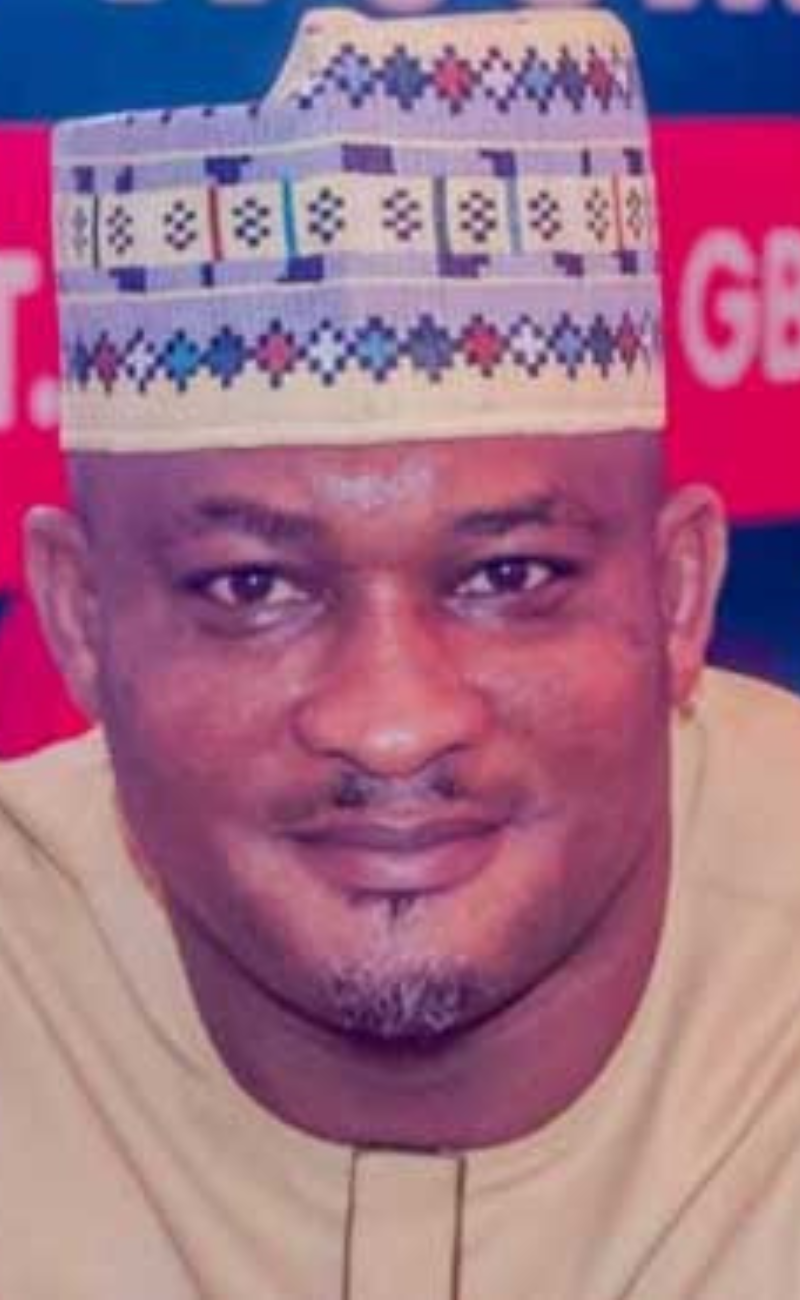The escalating crisis of insecurity in Nigeria, particularly the tragic and incessant killings that disproportionately affect Christian communities across the Middle Belt, has rightly garnered global attention, write Laz Apir and Orseer Mnzughulga

The escalating crisis of insecurity in Nigeria, particularly the tragic and incessant killings that disproportionately affect Christian communities across the Middle Belt, has rightly garnered global attention. Yet, when we dissect the pronounced interest of external powers, specifically the United States of America, a critical question arises: Is the U.S. truly acting as Father Christmas, driven solely by humanitarian fervor, or are deeper geopolitical and economic motives at play?
The narrative of “Christian Genocide” is indeed a devastating reality that offers a compelling moral justification on the international stage. However, to believe that a foreign military intervention would be purely altruistic is to misunderstand the immutable laws of international relations. The Christian Genocide only happens to be the lowest hanging fruit that offers legitimacy for an “invasion.” The long-term agenda, regrettably, is inextricably tied around politics, competition, and money.
Let us engage in a thought experiment to test the depth of this supposed purely humanitarian commitment. If the singular goal of the United States were the protection of persecuted Christians, there is a clear, non-invasive path to achieving this goal: empowering local defence mechanisms.
I challenge the U.S. President and his Secretary of Defence to approve and empower indigenous security structures—the local vigilantes and regional security networks operating in the Middle Belt/Benue Valley—with training, intelligence, and crucial, non-lethal equipment, without necessarily having their boots on the ground.
Would the U.S. still exhibit the same zealous commitment to defend Christians in Nigeria if their own personnel were not deployed? The hesitance to empower local actors, who are already embedded and committed to their communities, speaks volumes. For crises merchants, all that is needed is a fractured system for entry. Even the Vatican and Israel, institutions that receive significant church donations from Nigeria, will not make any direct military intervention to serve Catholics or other denominations in Nigeria. This underscores the reality that US interest in Nigeria is beyond the Christian genocide narrative.
The long-term geopolitical agenda of the U.S. is not a secret, but a geopolitical necessity driven by 21st-century technological competition. The subtle creep of foreign military forces, which has already been observed, particularly through subtle activities in the North, finds justification in the continuous cycle of genocide.
The true incentive lies beneath the soil. There has been a particular, documented interest in Nigerian states such as Plateau, Benue, Nasarawa, Cross River, Kaduna, and Kebbi. This interest is heavily tied to the discovery of rare earth metals—minerals that are the core of modern technology, including computer software, artificial intelligence (AI), advanced defence systems, and renewable energy components.
The U.S. defense industry is heavily dependent on these resources, and the country is currently locked in a fierce competition with China, which is already illegally mining these rare metals across Africa. A military presence in Nigeria, justified by a humanitarian crisis, provides the geopolitical security necessary to control and access these strategic economic assets.
I will not deny the abundance of evidence that supports the conclusion of Christian genocide. This is a tragic and unacceptable reality. However, what must be closely interrogated is the methodology and legality of any planned intervention. What treaties and international instruments genuinely support a U.S. military intervention?
If anyone seriously believes that U.S. boots on the ground in Nigeria equates to progress, they must confront the devastating reality unfolding in the Democratic Republic of Congo (DRC). The DRC, rich in conflict minerals, remains an enduring testament to how foreign interests, cloaked in humanitarian or stabilizing missions, can leave a nation perpetually fractured and exploited.
Nigeria will never fully recover from the structural and political damage that a large-scale foreign military invasion would inflict. A destabilized Nigeria creates a security vacuum that threatens the entire West African sub-region. Indeed, one must also consider that nations like Burkina Faso, facing their own volatile crises, might be targeted once the U.S. sets up a dominant operational base in Nigeria.
The welfare of every Nigerian, Christian and Muslim alike, is paramount. But salvation must be secured through sovereignty and self-determination.
So, I repeat the challenge: Ask the U.S. to empower Vigilantes and local security forces in the Middle Belt with resources and training, without deploying personnel to Nigeria; let’s see if they will still love Christians enough to defend them anywhere in the world.
For those who profit from global instability—the crisis merchants—a fractured system is all that is ever needed. Nigeria must be wary of solutions that solve an external power’s economic problems while permanently compounding its own. Our stability must be secured by us, for us.
The authors write from Abuja
Newsroom
previous
#FixPolitics condemns Trump's military threat, blames diplomatic failure
next




One comment
Adakole Austin
November 12, 2025 at 12:17 pm
So China is already here illegally mining our resources and probably contributing to the insecurity we see in the middle belt and places like Kebbi state, yet the writers problem is with the US who want to help stop the insecurity? Make that make sense